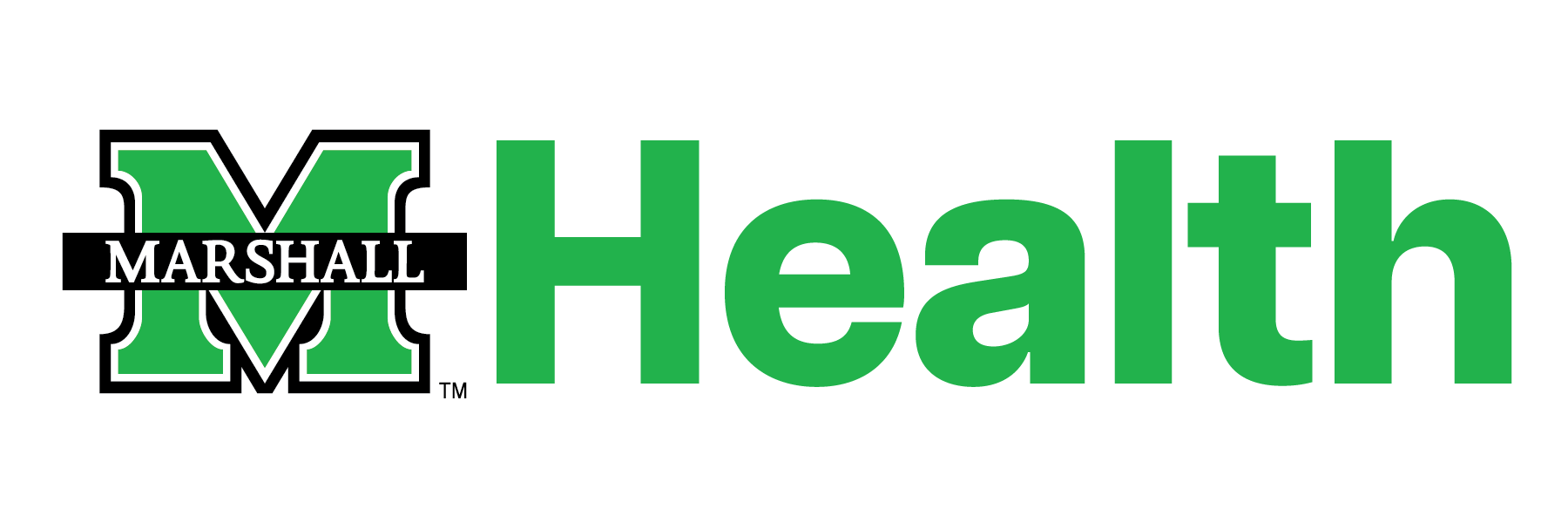Appointments
After your initial OB appointment, you will typically be seen on the following appointment schedule, although it could vary slightly:
- Every 4 weeks until 28 weeks of pregnancy
- Every 2 weeks between 28 and 36 weeks of pregnancy
- Once a week between 36 weeks of pregnancy and delivery
Although most pregnancies proceed normally, every pregnancy poses some degree of risk. Assessing the risk is an ongoing process and a central part of prenatal care. Complications can arise without warning so each visit is very important for your care and also for the care of your unborn baby. If you cannot keep one of your appointments, please call to reschedule.
What to expect at your appointment
Every Visit
- Urine test: This routine urine test checks for proteins, sugar, or chemicals that may be an indication of infection or dehydration.
- Weight: It is normal to gain weight during pregnancy, but we want to make sure you aren’t gaining too much or too little, as this may be a sign that we need to evaluate your health or the baby’s health.
- Blood pressure: Consistently checking blood pressure during pregnancy is important, as high blood pressure can be very dangerous for you and your baby.
- Fetal heart rate: We will listen to the baby’s heartbeat each visit.
- Evaluate uterine size: This helps us determine the growth of your baby
4-8 Weeks (First Visit)
- Review medical, surgical and obstetric history
- General physical examination that may include a breast and pelvic examination
- Pap smear, if indicated
- Prenatal blood work: Blood type, immunity to rubella (German measles), blood count to evaluate for anemia, Hepatitis B, HIV or other infectious disease screenings, as indicated.
- Urine analysis
- Review initial prenatal labs
- Optional: Cystic fibrosis carrier screening
10-14 Weeks
- Screening for Down Syndrome and other chromosomal abnormalities
- Genetic testing through nuchal translucency screen or cell free fetal DNA
- Review medical history
- Physical exam, if not performed during weeks 6-8
18-20 weeks
- Ultrasound to check anatomy and possibly gender
- Maternal Serum Alpha-Feto Protein screen for neural tube defects
24-28 Weeks
- Screen for gestational diabetes
- If blood type Rh negative: antibody screen and Rhogam injection
27-36 Weeks
- Tdap: Immunization to protect against pertussis (whooping cough)
35-37 Weeks
- Group B Streptococcus screen is performed to check/screen for bacteria that can cause pneumonia or serious infection to the baby
- Pelvic exam to check cervix for early dilation
- Additional screening labs as indicated
Postpartum
- 2 and 4-6 weeks after delivery
- Physical examination, as needed
- Discussion of contraception
- Depression screening
Prenatal classes
We encourage all obstetrical patients to look into prenatal classes at Cabell Huntington Hospital. Childbirth classes are available as well as classes on breastfeeding, infant CPR, new baby care, and sibling classes. For information or to register, please call 304-526-BABY.
Community service organizations
- Cabell County Family Resource Network: 304-697-0255
- United Way, Cabell County Substance Abuse Prevention Partnership, Education Matters, Financial Stability and Success by 6: 304-523-8929
- Huntington City Mission: 304-523-0293
Early childhood/development/day care
- Birth to Three: 304-523-5444
- Head Start & Pre-K: 304-697-4600
- LINK Child Care Resource & Referral: 1-800-894-9540
- TEAM for WV Children: 304-523-9587
- WV Help Me Grow: 1-800-642-8522
Health care/nutrition
- Cabell-Huntington Health Department: 304-523-6483
- Ebenezer Medical Outreach: 304-529-0753
- Medicaid: 304-528-5800
- WIC – Cabell County: 1-800-953-1009/304-302-2013
- WV Children’s Health Insurance Program: 1-877-WVACHIP
- Family Child Care Food Program: 304-751-5253
Crisis and emergency needs
- Maternal Addiction & Recovery Center (MARC): 304-691-8730
- Abuse Hotlines (children and adult protective services, domestic violence): 1-800-352-6513
- Branches Domestic Violence Shelter: 304-529-2382
- Information & Referral (referrals, utility assistance, food and clothing pantries, etc.): 304-528-5660
- Poison Control Center: 1-800-222-1222
- Marshall OB Concern Line: 681-378-4662
